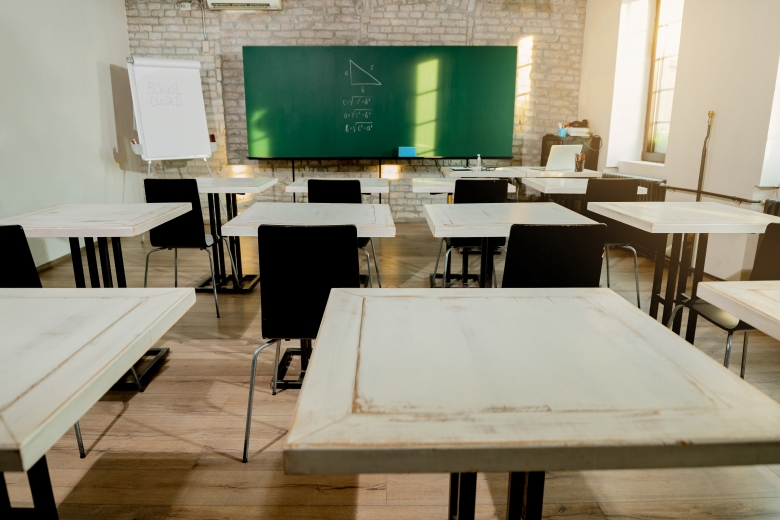
In a significant legal victory for the Mossawa Center, the Ministry of Education has, at last, disclosed partial data on budget allocations to Arab localities in Israel. This information, which the Ministry had delayed releasing for over a year, was made public following a Freedom of Information Act petition filed by the Mossawa Center's socio-economic unit, represented by Attorney Marian Abi Nader, a board member of the Mossawa Center. The data pertains to funds allocated under Government Resolution 550, which aimed to close long-standing educational gaps in Arab society.
The disclosure revealed that, in 2022, the Ministry of Education utilized approximately 255.7M NIS ($69.67M) of the allocated budget, a fraction of the planned 9B NIS ($2.45B) intended to be distributed over five years (2022-2026). For the school year 2023-2024, only 178.5M NIS ($48.64M) has been designated thus far. These amounts fall short of expectations, especially considering the critical need for funding in the Arab education sector to address gaps in infrastructure and resources.
Mossawa Center's Response
In light of this development, Nibal Abu Ardat, Legal and Parliamentary Advocacy Coordinator at the Mossawa Center, criticized the Ministry’s reluctance to provide comprehensive data. “After over a year of procrastination, the Ministry has released inadequate information. We will not be satisfied with this partial disclosure and will submit further requests for complete transparency, especially regarding the infrastructure projects promised under Resolution 550, such as classroom construction,” stated Abu Ardat.
The Mossawa Center noted several key areas where crucial information remains undisclosed, including:
-
Infrastructure funding, particularly for the construction of classrooms in Arab localities.
-
The differential funding program for upper and elementary education, which remains opaque.
-
Data concerning underfunded regions such as Jisr al-Zarqa, mixed cities, and Bedouin communities in the Naqab (Negev).
-
Missing details regarding the 2M NIS ($0.54M) allocated under Government Resolution 1834 for promoting shared life education in mixed cities.
Attorney Marian Abi Nader reaffirmed the Center's commitment to securing full transparency: “We will not allow the withholding of vital information affecting the Arab community. We will continue to challenge the Ministry through legal means until the necessary data is fully disclosed.” She further stressed that incomplete or delayed implementation of government decisions exacerbates socio-economic discrimination, deepening the gaps instead of bridging them.
Wider Efforts by the Mossawa Center
This case is part of the Mossawa Center’s ongoing campaign to ensure that government offices implement Government Resolution 550, among other decisions, intended to address systemic inequalities. Over the past year, the Mossawa Center has compelled several ministries, including the Ministries of Finance, Welfare, and Environment, to release budgetary information after similar legal petitions. Notably, many ministries were forced to pay legal fees as a result of their delays in complying with transparency requirements.
The Mossawa Center continues to monitor the implementation of not only Government Resolution 550 but also Resolutions 1279 and 1804, which address the needs of the Bedouin communities in the Naqab and other Arab populations. The Center will file additional petitions to demand the disclosure of all necessary financial information, ensuring that decisions made on paper translate into real, actionable outcomes that benefit Arab citizens across the country.
A Call for Accountability
Successive Israeli governments have promised to close the economic and social gaps in Arab society. However, the Mossawa Center has repeatedly pointed out the stark difference between government rhetoric and actual implementation. While government decisions are paraded internationally as steps toward equality, the failure to carry out these decisions is contributing to the widening of gaps within Israeli society.
The Mossawa Center will continue to hold the government accountable, advocating for the equal allocation of resources and the implementation of policies that truly address the needs of the Arab community, which constitutes 21% of Israel’s population.

























